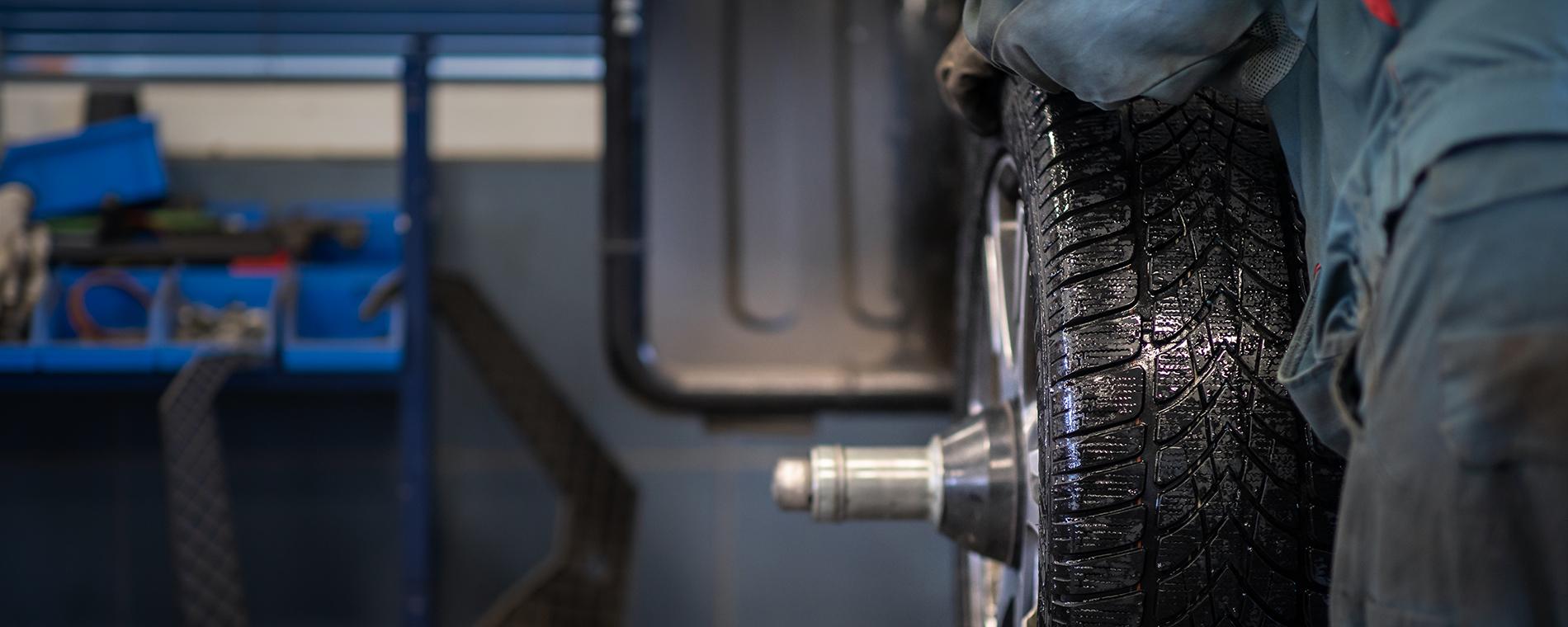New or old, your vehicle is a big investment. You want it to last, be safe to drive, and have a high resale value. What’s the key? Maintenance, maintenance, and more maintenance. Here are six of the most important things you can do to keep your vehicle in good running order.
- Find a good mechanic. Finding a good mechanic can be like finding a good doctor – sometimes it’s pure luck. Other times, it’s because you knew where to look. When you’re in need of a reputable mechanic, try these resources: the National Institute for Automotive Service Excellence to see if the mechanic is certified; the Better Business Bureau, and Yelp and other consumer review sites. Remember, the more reviews, the more accurate the overall rating is likely to be.
- Don’t skip air filter changes. Air filters keep dirt and debris out of the engine. If the filters are loose, particles can enter the engine and cause damage. When they’re clogged, they can reduce both gas mileage and horsepower. Keeping them in good order is an easy way to reduce wear.
- Maintain your tires. Check your tire pressure once a month, and keep it at the level suggested by the manufacturer. Ensure your mechanic checks the wheel balance and rotates the tires regularly to extend their working life.
- Have your oil changed at the intervals specified in your owner’s manual. Oil both lubricates the engine parts and disperses heat, so keeping it at optimal levels helps prevent your engine from premature wear, seizing, or overheating. Periodic oil changes also help remove sludge. Sludge is a by-product of petroleum that builds up when you do a lot of stop-and-start driving (such as in the city), take short trips that aren’t long enough for the engine to warm to optimal temperature, or take long trips that stress the engine for an extended time. It prevents the oil from properly lubricating the engine, resulting in damage that can require hundreds of dollars to repair.
- Have the timing belt changed when the manufacturer specifies. You may want to save up for this one – it’s an expensive procedure. It’s also much cheaper than the alternative: paying to rebuild a ruined engine. If your vehicle has a timing belt, expect to replace it when you reach between 50,000 and 110,000 miles.
- Make sure your vehicle’s fluids are replaced when needed. If your car’s transmission isn’t sealed, ensure the fluid is checked and replaced regularly. Likewise, check to see that your mechanic is keeping an eye on the power-steering and brake fluids. They should be topped off if low, and the systems should be checked for leaks. Regular, good-quality maintenance is the key to making your car last and supporting a good resale value. It’s also one of the best ways to avoid car accidents caused by mechanical failure or even save yourself the cost of a new vehicle.
Contact Us
Our Risk Coaches™ are licensed insurance professionals who are trained to look at coverage from your perspective. They’re glad to help you navigate the often-perplexing world of insurance coverage. Contact your local Risk Coach professional or call us at 800.342.5342, Monday through Friday from 8:00 a.m. to 8:00 p.m. ET.



